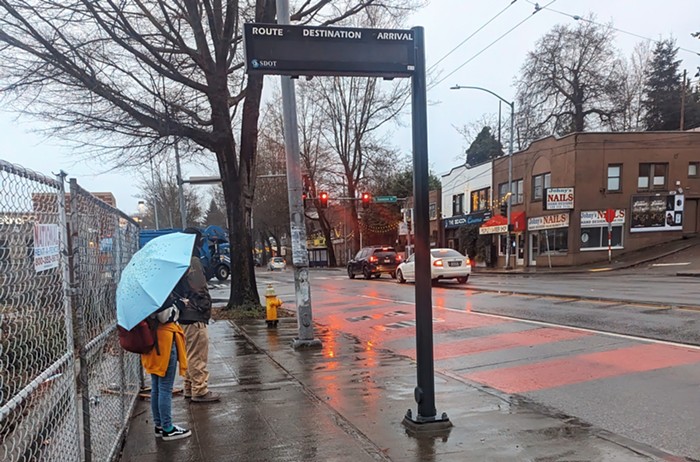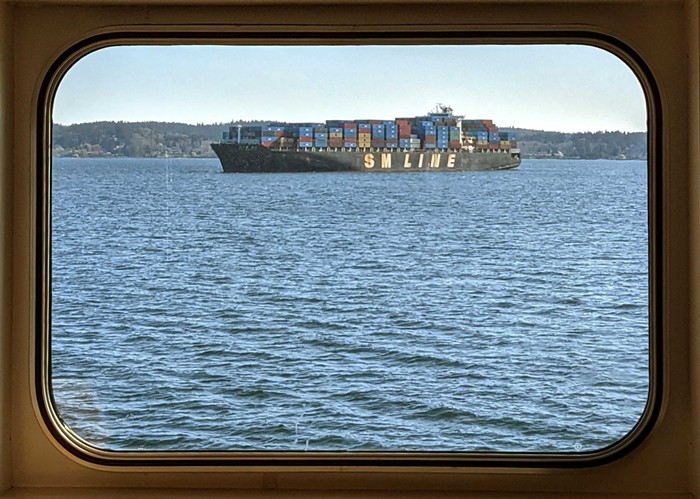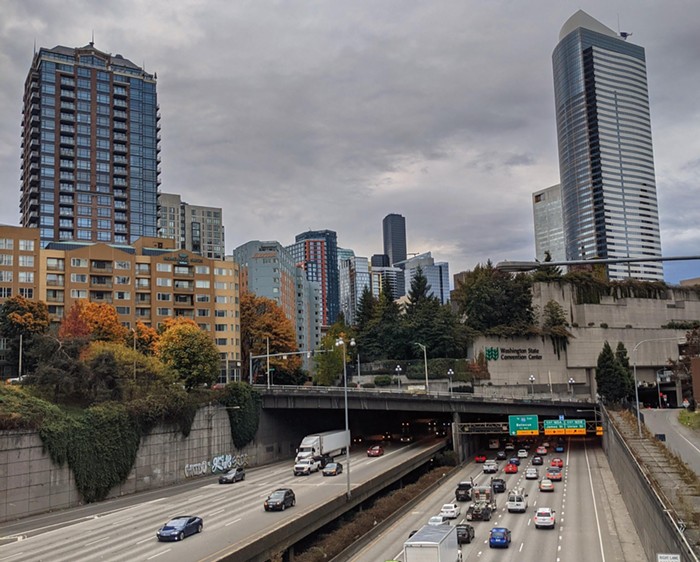
In standard economics, an individual is a rational actor who makes rational choices in a market. What he or she wants is the best deal out there. And if one is to make sense of how this kind of individual operates (to get more with less at every opportunity), they must make models that relate the individual to market options. There is no history, just choices and the individual. But what is never mentioned in this literature is the true reason consumers are individualized in this form of economics: an individual is expensive.
The less a consumer shares, the more costly becomes his/her life. This is why car ownership is so strongly encouraged in this pro-market society. It's not only expensive to move in this manner, but it also fixes a considerable financial debt on its subjects. This point was eloquently explained in an email I received last night from a friend with whom I share a long and deep intellectual history, James Latteier. He wrote:
In the preference for cars over mass transit there is one thing that is especially important to neoliberals: you can't sell trains to individuals. This is a point that Noam Chomsky made and I would like to elaborate a little. Individuals bear the ultimate burden of debt: you can only punish individuals... Only blocks can buy trains, and whether the block is corporate or public is perhaps less important than the strategic thinking that goes into block formation. Few trains are sold compared to cars, negotiation for each one is a matter of consequence, not trivialized and therefore strategic... If neoliberal logic were in full command, all monetary outlays would be submitted to individuals.
And so we have two levels of rationality. The one of the individual, which can only function at great expense to the individual (some call this irrational rationality); and the higher reason of the block, which, because it is shared consumption (or what Manuel Castells once called "communal consumption"), functions with less expense to the individual. And less expense means less debt for the individual. It also means less traffic, which is expensive to, again, the individual. The cost of ST3 is shared and will, in the end, reduce costs for the individual rider.
Bumper to BumperWith cars, you actually pay to be stuck, pay to wait, pay to park. And because there is debt attached to the car, you pay even when the car is not used. The costs of non-use drop considerably with rapid forms of public transportation.



















